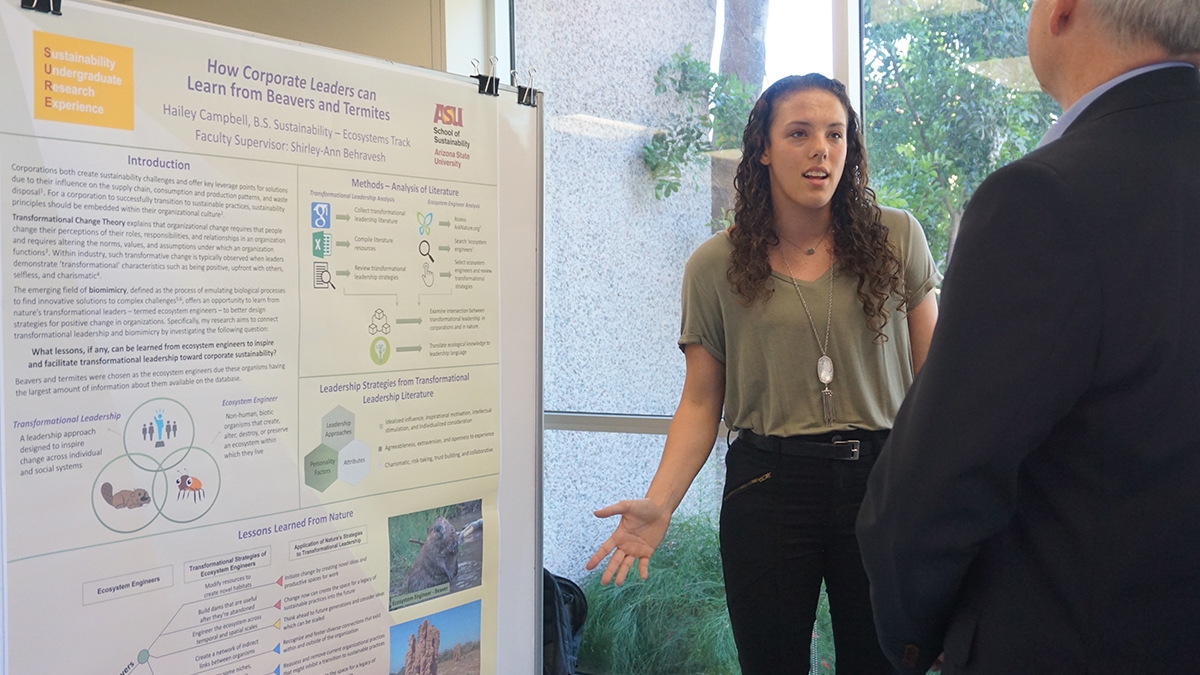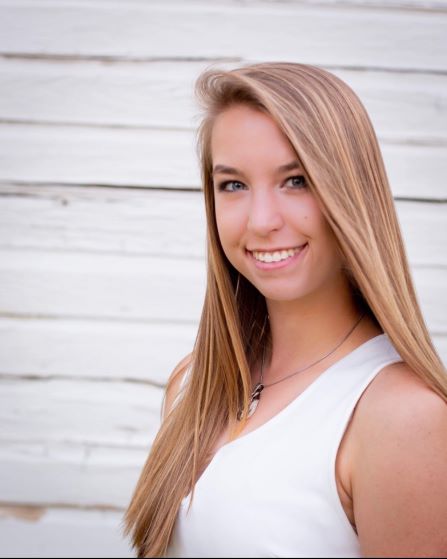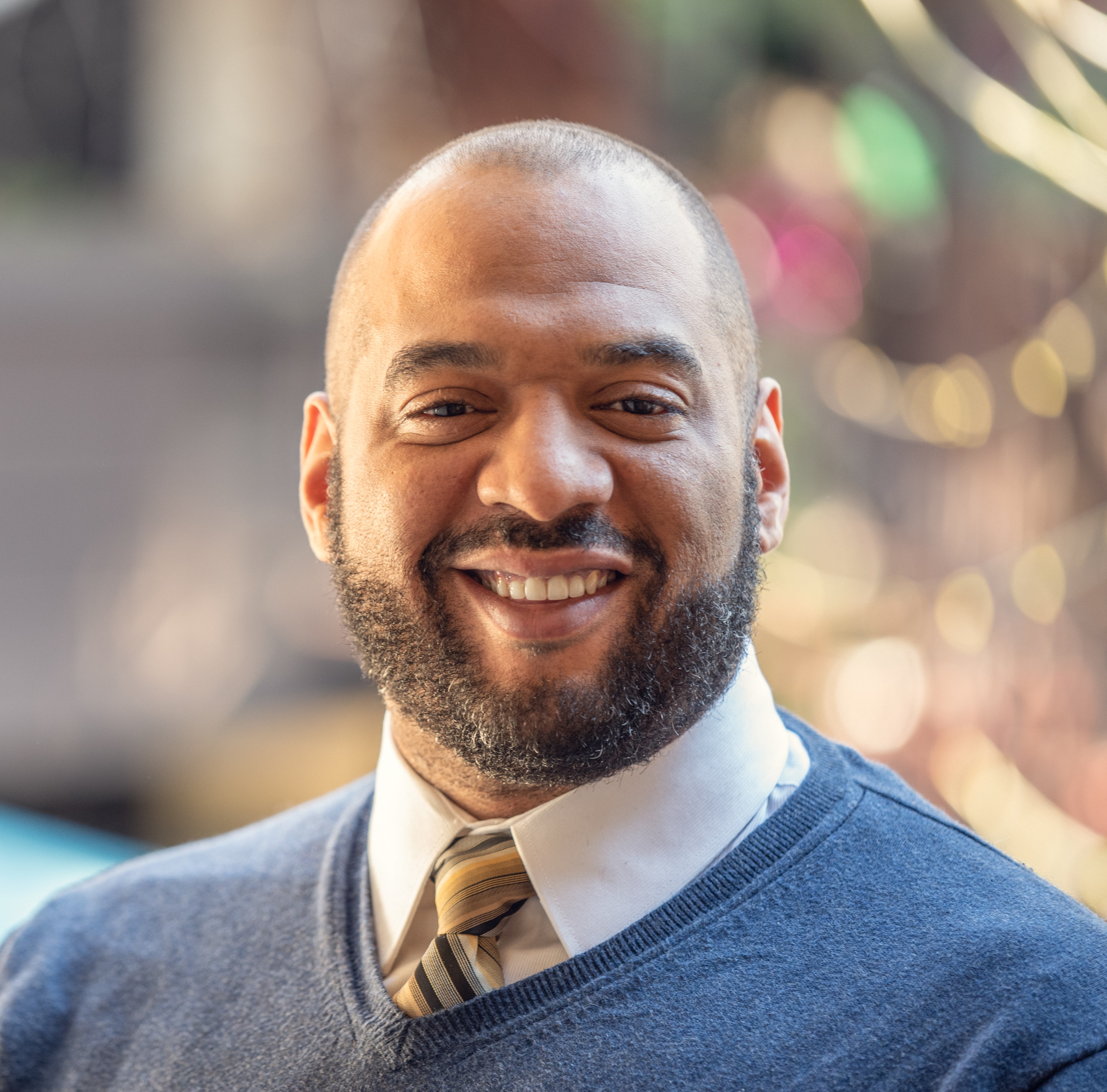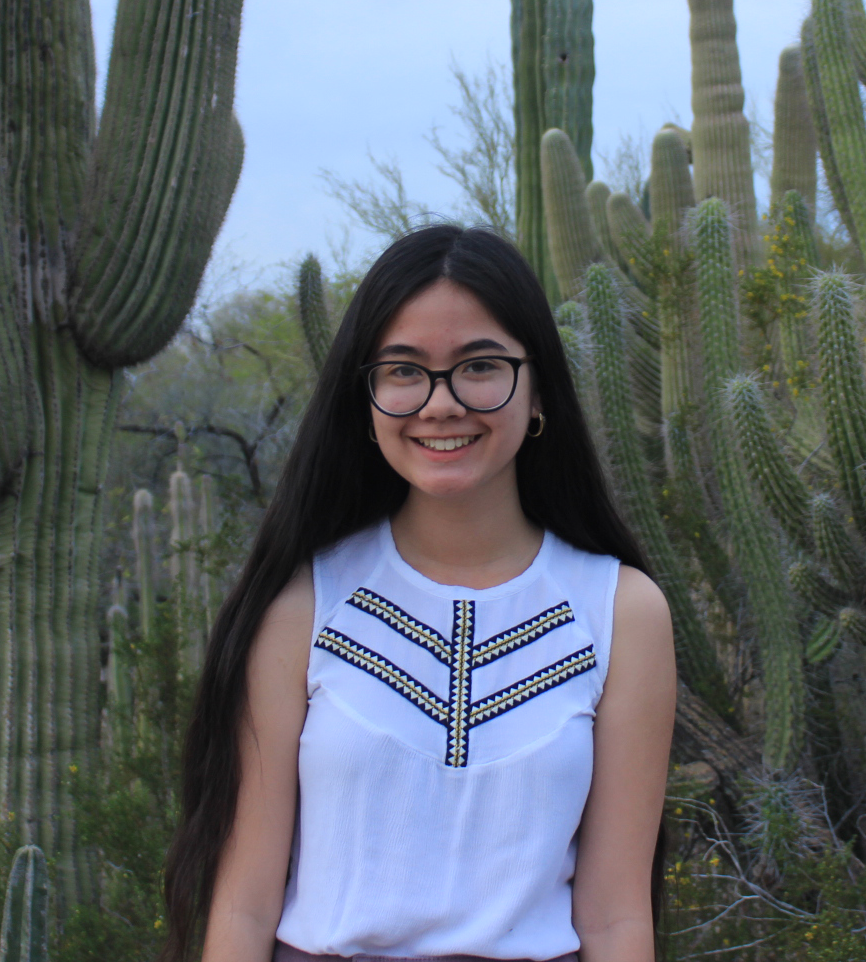Students honored for undergraduate research excellence

Sustainability student Hailey Campbell presents her research at a student showcase in spring 2019.
Finding research opportunities can be a challenge for undergraduate students. Some may not know where to look, how to apply or may even be intimidated to approach faculty about opportunities.
Arizona State University's Sustainability Undergraduate Research Experience (SURE) program helps undergraduate students in the School of Sustainability overcome these barriers so they can engage in research and gain valuable work experiences.
“Arizona State University is a knowledge production organization, and a good portion of what we do as faculty is conduct research and advance the frontiers of knowledge,” said Kelli Larson, director of SURE and a professor in the School of Sustainability in the College of Global Futures. “We think it's fundamentally important for students to understand how knowledge is produced through the process of research.”
Larson led the development of the SURE program a few years ago as a way to organize and facilitate undergraduate involvement in faculty-supervised research projects. It offers a tiered approach where students can participate within three different levels: research apprentice, research assistant and research fellow.
At the apprentice level, students enroll in a 1-credit course, “SOS 294: Exploring Sustainability Research,” in the fall semester, where they learn more about the research process and current opportunities.
As research assistants, students can also spend the spring semester participating in a faculty-supervised project for course credit.
If students want to get even more involved, they can become research fellows by taking “SOS 394: Sustainability Research Design and Practice” in the spring. In this course, students learn how to develop and answer a research question and creatively and effectively present their research findings and suggestions for advancing sustainability at an end-of-the-year celebration.
“Connecting with a faculty-supervised project is a great way for students to gain an in-depth understanding of complex issues and get a sense for what it would be like researching a particular topic,” SURE coordinator Abigail Graves said. “Our faculty provide structured guidance for analyzing, collecting and synthesizing information, our students contribute ideas and efforts for research teams to advance their projects, so it is helpful for everyone involved. Every year, I have been impressed by the level of intellect and professionalism these students have.”
Outside of research experience, the program also helps students become more confident in navigating opportunities and working with others.
“It is a process of empowerment,” Larson said. “Students learn to ask questions and share their insights. It's a shift from passive learning to active learning; they really become team players.”
At the end of the academic year, students who participate in SURE can present their findings at the annual student showcase. Several students are also recognized for their presentations and overall work in the program. Here are the 2021 SURE award-winning students:
Madelynne Greathouse
SURE Student of the Year: Madelynne Greathouse
The gig economy is growing. Workers in these flexible, temporary or freelance jobs can often set their own schedules and work using an online platform. That flexibility has made these types of jobs appealing, especially for women.
“Gender norms play a role in who has the ability to work and what kind of work is socially acceptable for them to do,” said Madelynne Greathouse, Bachelor of Science in sustainability student. “Women often do not have the same opportunities as men to work and feel empowered by contributing an income to the household. The gig economy provides them with opportunities that were not there before.”
As part of the SURE program, Greathouse researched gig economies in Southeast Asia and how gender roles impact this type of work under the supervision of Hue-Tam Jamme, an assistant professor at the School of Geographical Sciences and Urban Planning. Based on that research, she conducted a pilot study in the U.S. and interviewed several women to learn how COVID-19 has affected their work in the gig economy. She found that the gig economy has created a new generation of entrepreneurs. Online platforms, like websites, apps and social media, create more opportunities for women to start their own businesses or side gigs, but their reliance on these platforms has increased during the pandemic.
“These workers rely heavily on these platforms for their income,” Greathouse said. “This creates a responsibility for the platforms to be aware of their content, as well as a responsibility for users to take the opportunity presented. This is an area that can be explored at the policy level to ensure both sides are able to use and provide in safe ways.”
Watch Greathouse’s presentation: “Women Mean Business — Gender and the Gig Economy in the COVID Context: An Exploratory Study.”
Adam Costello
Outstanding Presentation: Adam Costello and Alyson Hulet
Pedestrian crashes are an all too frequent problem. According to the Governors Highway Safety Association, Arizona had the sixth-highest number of deadly pedestrian crashes in the U.S. from January 2020 to June 2020. Despite efforts to improve pedestrian safety, including adding crosswalks and improving lighting, some intersections are more prone to crashes. It’s something sustainability students Adam Costello and Alyson Hulet wanted to research further, so they connected with Associate Professor Deborah Salon, a sustainability scientist and professor of planning, to learn more.
“These are fatalities,” Costello said. “If the proposition is that this is avoidable, I think there's no excuse for not taking all steps possible to avoid deaths. We need to get as much information as possible to get a handle on what is happening on the streets. Without really knowing the makeup of the problem, you can't begin to solve it.”
With research help from School of Geographical Sciences and Urban Planning student Chelsey Aubol Srnsky, Costello and Hulet researched whether land use plays a role in the number of crashes. Using crash data from the city of Phoenix, they looked at the infrastructure and buildings surrounding areas with a high number of pedestrian crashes. They found a correlation between land use and the presence of pedestrian crashes and a higher frequency of pedestrian crashes near land uses that served alcohol. By determining where these crashes occur, more can be done to prioritize pedestrian safety.
Alyson Hulet
“Pedestrian crashes are often framed as accidents, but they're not,” Hulet said. “You can almost predict crashes because of the built environment. So when we're looking at how to enhance pedestrian safety when building cities, we should be looking at the built environment and what type of infrastructure we're putting in place.”
Watch Costello and Hulet’s presentation: “Pedestrian Safety Research.”
Students interested in participating in SURE can sign up for the fall 2021 course “SOS 294: Exploring Sustainability Research” or reach out to Kelli Larson or Abigail Graves. Scholarships are available.
More Environment and sustainability

ASU prof turns trash into treasure
The Research Corporation for Science Advancement, or RCSA, regularly hosts a series of discussions known as Scialog, a…

Best outdoor experiences are shared and build connections, recreation professor says
Steve Sassaman doesn’t really need to tell you he’s an outdoorsman. One look at his full, dark beard gives a vibe that clearly…

ASU offers new project-based courses for global leaders of tomorrow
Addressing complex challenges requires innovative solutions.This is why the College of Global Futures — with its four academic…


